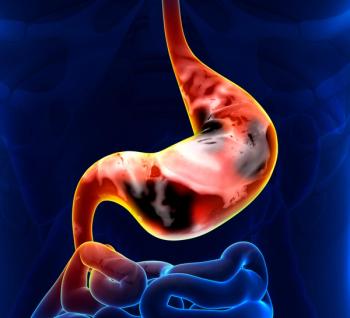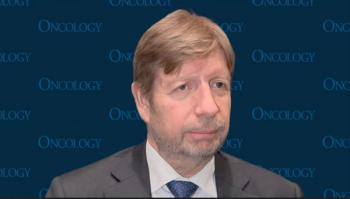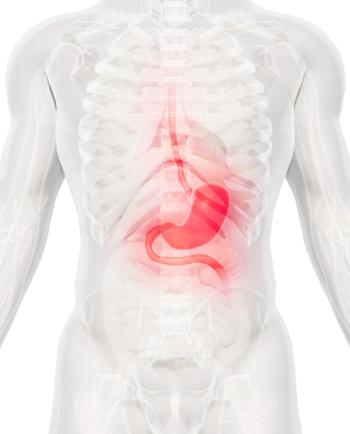
FDA Approves Pembrolizumab for Advanced Gastric Cancer as Third-Line Option
The FDA has granted accelerated approval to pembrolizumab (Keytruda) for the treatment of locally advanced or metastatic gastric or gastroesophageal junction adenocarcinoma.
The US Food and Drug Administration (FDA) has
“Historically, advanced gastric cancer has been particularly challenging to treat, and new treatment options are needed for these patients,” said Charles S. Fuchs, MD, MPH, of the Yale Cancer Center in New Haven, Connecticut, in a
The FDA also approved the PD-L1 IHC 22C3 pharmDx test (Dako), to select eligible patients for treatment with pembrolizumab. The test can be used on archival gastric cancer specimens, or if that is not available, on a fresh tumor biopsy.
The KEYNOTE-059 trial was an open-label, multi-cohort, non-comparative trial that included 259 patients with gastric or GEJ adenocarcinoma. Among that total cohort, 143 patients (55%) had tumors that expressed PD-L1 and were found to be either microsatellite stable or undetermined microsatellite instability (MSI) or mismatch repair status.
Of those 143 patients, the objective response rate with pembrolizumab was 13.3%; with 1.4% having a complete response and 11.9% with partial responses. The duration of the responses ranged from 2.8 to 19.4 months, and 58% had responses lasting 6 months or longer. Five patients (26%) had a response that lasted 12 months or longer.
Specifically among 7 patients that had MSI-high tumors, the objective response rate was 57%, and there was one complete response.
Adverse events that were reported in at least 20% of patients included fatigue, musculoskeletal pain, decreased appetite, pruritus, diarrhea, and others.
According to Merck, this is the tenth approved indication for pembrolizumab; other indications include advanced non–small-cell lung cancer and melanoma, head and neck squamous cell cancer, classical Hodgkin lymphoma, and others. The recommended dose for this new indication is 200 mg, administered as an IV infusion every 3 weeks until disease progression, unacceptable toxicity, or up to 24 months in those who do not progress.
“The results observed in the diverse population of heavily pretreated advanced gastric or GEJ patients from the KEYNOTE-059 clinical trial demonstrate that pembrolizumab in the third-line setting has the potential to shift how we care for certain patients facing this difficult-to-treat disease,” Fuchs said.
Newsletter
Stay up to date on recent advances in the multidisciplinary approach to cancer.





































